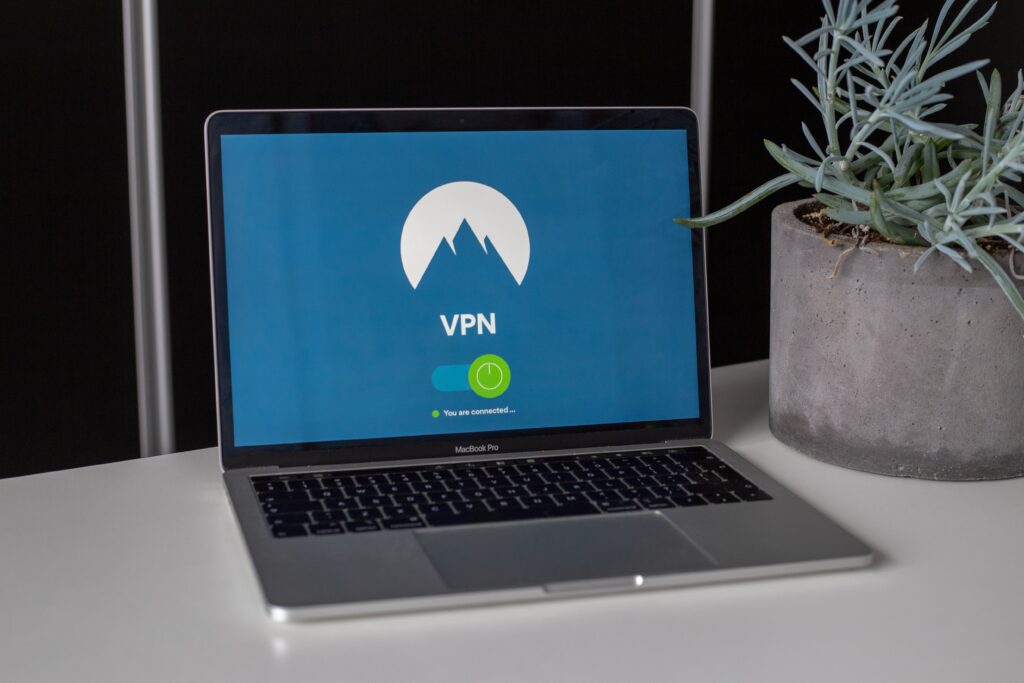Introduction
Greetings! I’m thrilled to share my experiences as a remote worker and some valuable advice on staying secure online. Working remotely, hopping from one location to another, and connecting to Wi-Fi networks in diverse places has been my lifestyle since 2013. It’s been a fascinating journey, and I’m here to offer guidance, particularly for those who are new to remote work.
My Journey into Remote Work
I embarked on this remote work adventure back in 2013. It’s been an exciting ride, from coding in cozy cafes to grappling with finicky Wi-Fi connections. Through these experiences, I’ve gained a deep understanding of the importance of online security while encountering my fair share of online challenges.
The World of Public Wi-Fi Networks
Public Wi-Fi networks are a double-edged sword, offering the convenience of working from almost anywhere while posing certain security risks.

Unpacking Man-in-the-Middle Attacks
One particularly treacherous threat in the online world is the “Man-in-the-Middle” attack. It’s akin to someone secretly eavesdropping on your conversation, potentially stealing your data and passwords—a security nightmare.
The Journey of a Secure Browser
One of the highlights of my journey has been the opportunity to work on a secure web browser. Starting as Tenta, it transformed into Avast Secure Browser and is now Norton. This experience underscored the critical role of a secure browser in today’s digital landscape.
The Lifeline of VPN Connections
Given the sensitivity of my day job, I rely heavily on a Virtual Private Network (VPN) to establish a secure connection. Think of it as a digital lifeline that shields my work from prying eyes.
Trustworthy Certificate Authorities (CAs)
When configuring my devices, one of my initial steps is removing any Certificate Authorities (CAs) that I don’t trust. It’s like cleaning out the digital clutter to maintain security.
Trust, but Verify
A fundamental principle of online safety is this: If you don’t trust a Certificate Authority (CA), don’t install their certificate in any way. This straightforward action can avert future security pitfalls.
The Web Popup Challenge
I’ve learned the hard way that web popups can be treacherous, particularly in applications with limited functionality—those not functioning as your primary browser and lacking session continuity. These popups can often be phishing attempts.
Safeguarding Privacy in Public Spaces
Public settings like coffee shops and co-working spaces can be ideal for remote work, but they come with their unique set of challenges. Ensuring that security cameras can’t capture your screen or keyboard activity is crucial.
The Power of Two-Factor Authentication (2FA)
Two-factor authentication (2FA) is akin to a secret weapon in the realm of online security. Whenever possible, enable 2FA—it provides an additional layer of protection for your accounts.
The VPN Dilemma
If you don’t have your own VPN, exercise caution with the one you choose. Ensure that the VPN provider doesn’t require you to install their certificate on your computer and that the connection client doesn’t surreptitiously introduce certificates without your consent.

Always Prioritize SSL
One golden rule for safeguarding your data online: Never, under any circumstances, divulge sensitive information on a webpage lacking “https://” in the address.
In the world of remote work, securing your digital life is paramount. By adhering to these principles and staying vigilant, you can enjoy the freedom of working from anywhere while protecting your online presence without compromise. Stay safe out there!

Leave a Reply